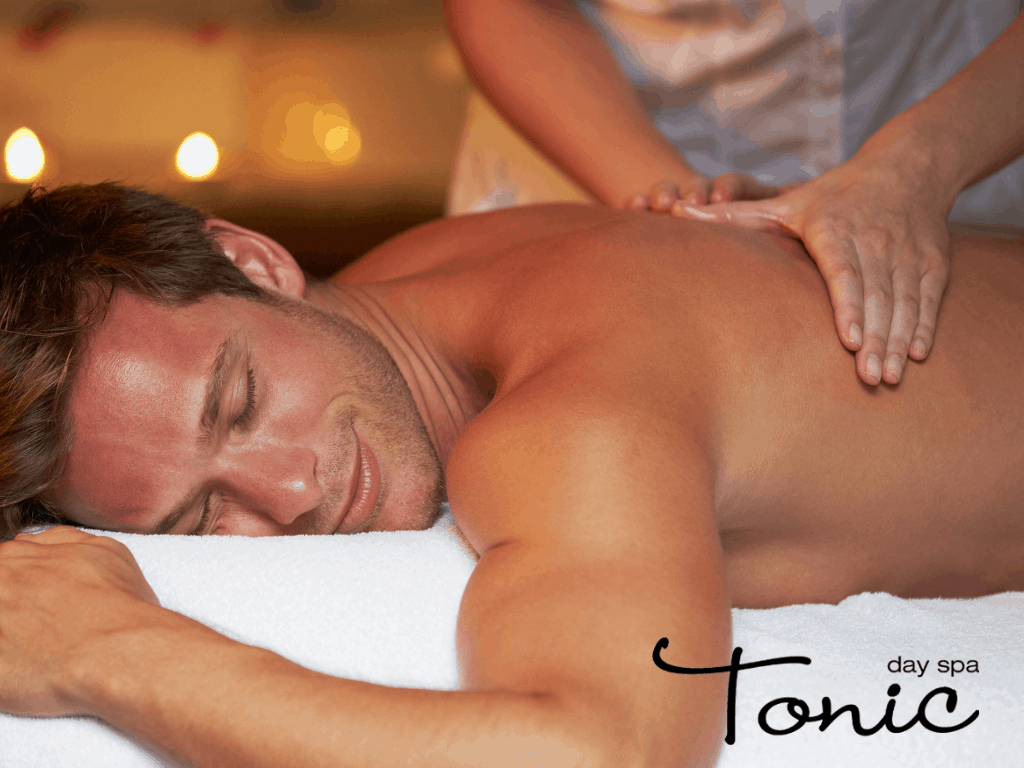
Sleep. Chances are you’re not getting enough. Don’t worry – you’re not alone. With the stresses and strains of everyday life, early mornings and late nights are becoming the norm but how does this full-on lifestyle and can-do attitude affect us on a day to day basis? Let’s have a look at some sleepy facts and fictions, and some top tips on how we can improve our nightly visits to the Land of Nod.
Experts recommend that adult humans need 7-9 hours sleep every night. As we sleep, our brain goes into overdrive, making sure that the body repairs and restores itself for the day ahead. Over the long-term, chronic sleep loss can wreak havoc on your mental and physical health.
What’s Keeping You Awake At Night?
Typically, it should take 10-15 minutes to fall asleep once you go to bed, but are you laying there, night after night, tossing and turning and unable to drop off? Could technology be the culprit to your sleeplessness? Too much light, as emitted from video screens, at night can affect melatonin production and fool the brain into thinking the body isn’t ready for sleep. Aim for a gadget curfew at least an hour before lights out to give your mind time to realise its bedtime.
Going to bed after a heavy meal can also affect how long it takes you to drop off as your body is working hard to digest your meal. Ideally, give it 2 – 3 hours after your meal before going to bed. The good news is that there’s no concrete evidence to support the old wives’ tale of cheese giving you nightmares. In fact, cheese is actually a good bedtime snack especially when it’s combined with oat crackers. Calcium, found in cheese, is a natural sleep aid as it contains tryptophan, an amino acid the body uses to produce melatonin (the sleep inducing hormone.)
If you are in the habit of taking an afternoon nap to catch up on your lost night-time sleep, try to keep your nap short as napping during the day can also affect your ability to fall asleep at night.
Sleepy Facts To Amuse & Amaze
So, what techniques can we employ to help us to relax more and sleep better?
There are several essential oils that can aid relaxation and sleep. Try lavender, vanilla, jasmine, ylang ylang, cedarwood, lemon or geranium in an atomiser or oil burner during the evening (note: NEVER go to sleep with candles burning).
Massage can relax your mind and body. At The Massage Hub we offer a Pro Sleep Tranquillity Massage, which works on muscular, nerve and emotive levels to induce feelings of calmness and relaxation.
Therapies such as hypnosis and acupuncture can be effective, although generally a course of treatments would be recommended as opposed to one session and seeking a quick fix.
Allow your body and mind time to wind down before going to bed. Trying to stick to regular bed and waking up times will also help. If you’re prone to laying in bed, mulling over all the things that you need to do the next day, make a list before retiring for the night. Once you have “brain dumped” tomorrow’s tasks, you won’t have them pinging around your head all night as you try to relax and drop off to sleep.
Sleep apps can be effective. There are dozens to choose from and range from free to a premium rate annual fee. Shop around and see which ones work for you. We particularly like Headspace and Calm – both have sleep stories (think of these as fairy tales for grown-ups!), guided sleep meditations and calming sounds to send you to sleep.
Is your bedroom too hot, or too cold? The optimum temperature for a good nights’ sleep should be 18 – 24 Degrees.
If sleep continues to evade you, keep a sleep diary. Note down your evening meals, alcohol intake, thoughts, emotions, bed times, wake up times and night-time disturbances. It may be a case of seeking advice from your GP and this information will be helpful to try and pinpoint what’s at the root of your sleeplessness.
Have you got any tips or techniques that have helped you get to sleep? We’d love to hear them!